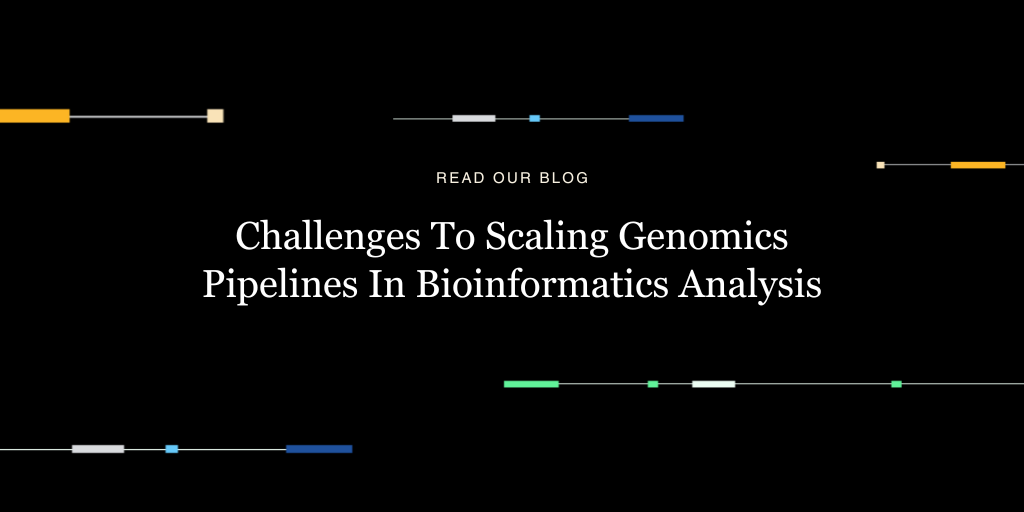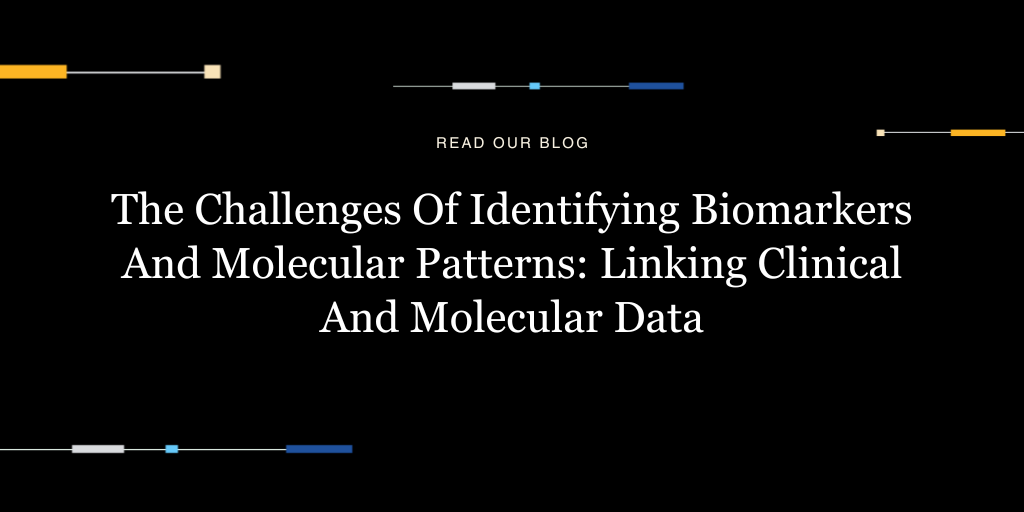
As the cases of COVID-19 mount worldwide and scientists struggle to understand the new pathogenic foe, one thing has become clear: the enemy SARS-CoV-2, is getting personal and its victims are not responding equally.
Is there a reason why this disease seems to hit men harder than women, or some ethnic populations more severely than others? If so, why? Does their genetic makeup play a role? Do variations in key genes make some individuals less likely to mount an effective counter attack?
The answers to all of these questions may very well be yes.
The SARS-CoV-2 virus accesses host cells via the enzyme angiotensin-converting enzyme 2 (ACE2). Its receptor, hACE2, is on the X chromosome, meaning men have a single copy and women have two. Men seem to be experiencing more severe symptoms of the disease in some contries, at a ratio of almost 2:1. Scientists have also hypothesized that mutations (single nucleotide polymorphisms, or SNPs) in the hACE2 protein’s binding site could have an effect of severity of infection. An estimated 1-3% of the population have these mutations, which seems to correlate with the median death rate of COVID-19 in several countries. These mutations also occur in higher frequency in some populations, such as those of Mediterranean and African descent, which are also experiencing higher COVID-19 related fatalities.
Scientists are exploring several of these avenues while trying to understand the biology of the pathogen and host responses.
With nearly every case, it is becoming increasingly clear that there is a genetic code to COVID-19 that will be crucial to unlock if we are to develop effective diagnostics, treatments and prevention measures.
Could this also be the ideal opportunity to move precision medicine beyond oncology and into infectious disease?
Precision, or personalized, medicine is built on the concept that we all harbor unique biological variables that influence our response to disease, and then leverages these differences for improved diagnostics and therapeutics tailored specifically to the individual.
Infectious disease seems a strong candidate for a precision medicine approach, due to the high variability between patients. Being able to link genetic profiles to clinical outcomes would be extremely useful when developing diagnostics and formulating treatment plans. By stratifying patients based on genetic information, healthcare providers and government decision-makers could adopt more rational and effective surveillance, containment, and treatment strategies.
Advances in genetic sequencing are enabling much of this research to rapidly occur. Unprecedented global collaboration is also helping to accelerate the work we need to do in order to control this virus and its aftermath.



